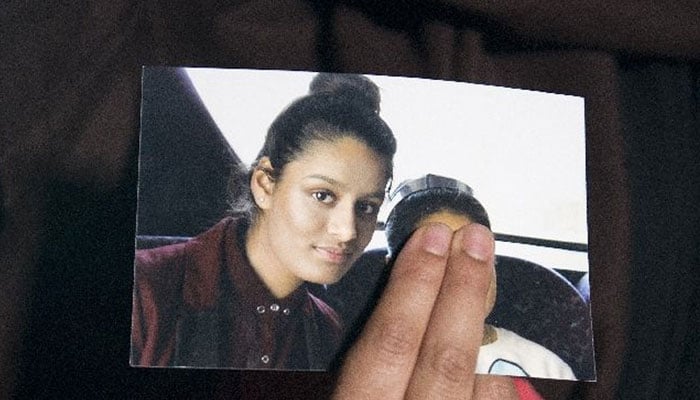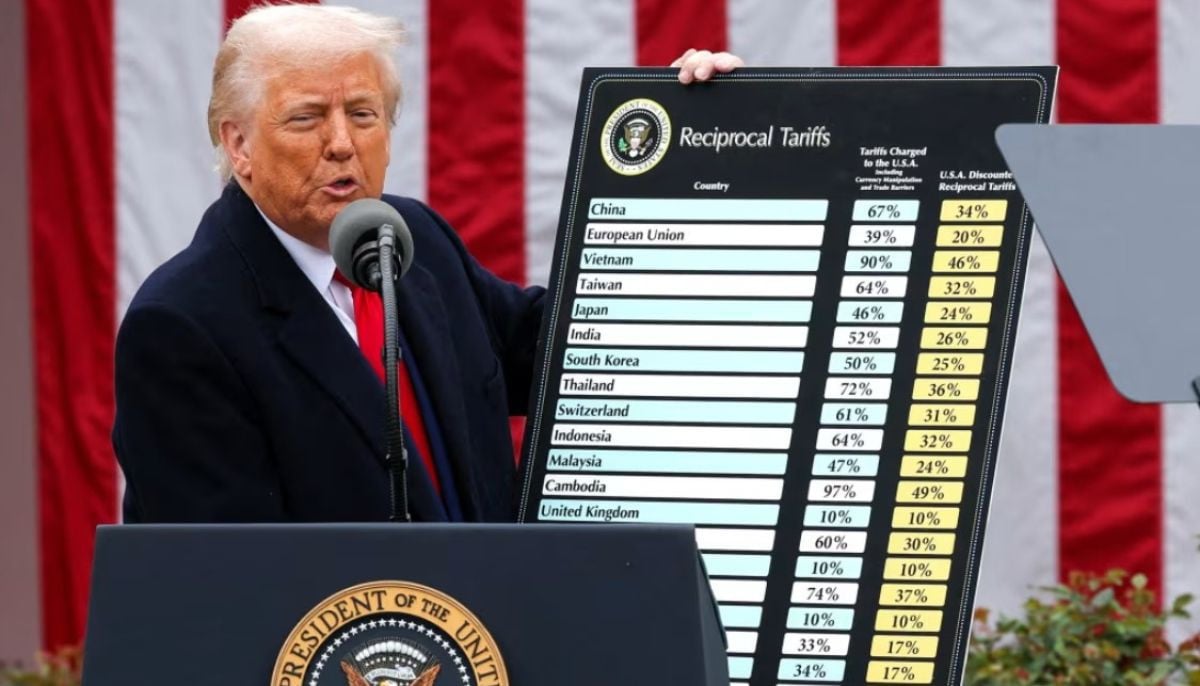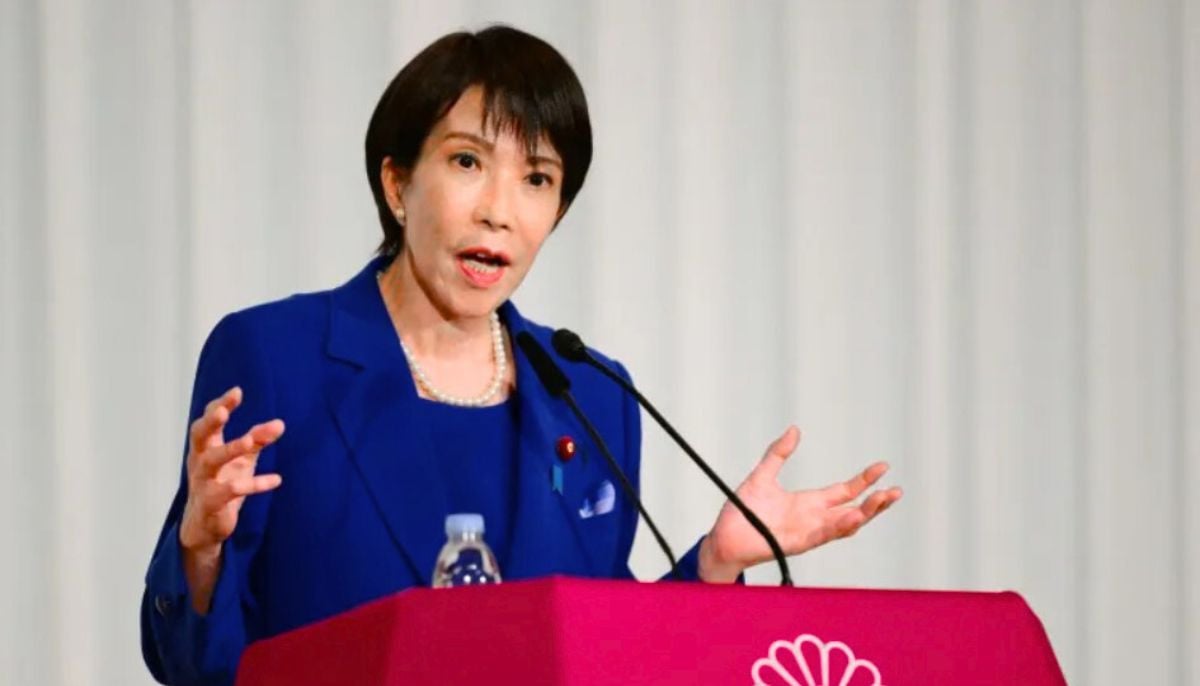Shamima Begum’s lawyer praises UK court ruling, slams British govt
The judge found that “the national security concerns about her could be addressed and managed if she returns to the United Kingdom”
LONDON: British Bangladeshi girl and Daesh bride Shamima Begum’s lawyer Tasnime Akunjee has welcomed the Court of Appeal ruling that says that national security cannot outweigh justice and fairness and that Shamima Begum — the east London schoolgirl who had travelled to Syria to join Daesh — should be allowed to return to the UK to challenge the deprivation of her British citizenship.
Three senior judges at the Court of Appeal have ruled that “the only way in which she can have a fair and effective appeal is to be permitted to come into the UK to pursue her appeal” on a case launched, on behalf of Begum’s family, by lawyer Akunjee, whose parents are from Pakistan and Bangladesh background.
Lord Justice Flaux — sitting with Lady Justice King and Lord Justice Singh — said: “Fairness and justice, on the facts of this case, outweigh the national security concerns, so that the leave to enter appeals should be allowed.”
The judge found that “the national security concerns about her could be addressed and managed if she returns to the United Kingdom”.
In its ruling, the court said: “If the Security Service and the Director of Public Prosecutions consider that the evidence and public interest tests for prosecution for terrorist offences are met, she could be arrested and charged upon her arrival in the United Kingdom and remanded in custody pending trial.”
Speaking to The News in an exclusive interview, the lawyer, who specialises in criminal defence and terrorism law, said that the ruling covers basic matters and has told the lower court that it should stay focused on the idea that justice and fairness are the most important parts of any legal system. “Beyond that, the judges have said that the idea that Begum has the difficulty in practically engaging with the appeals process and yet the appeals process should continue is completely wrong and that for the appeal process to be anything meaningful Begum needs to be brought back to the UK so she can properly eager with the appeal.”
Akunjee said that the Court of Appeal was “scathing” in it’s ruling about the lower courts. “The idea that the higher court has to remind the lower court of justice and fairness are meant to be core principles of a justice system is quite shocking but it was necessary in this case. As the situation moves on we will get greater and greater clarity and what that means is that the courts have to think about the national security but it must not be the only thing they think about and they (the lower courts) cannot be turned into political tools. They have to think about the idea of a fair system and just system first and that in this ruling was said to be more important consideration than the national security whereby those considerations could be mitigated by other measures such as keeping somebody in a house arrest to mitigate against the harm somebody could arguably cause.”
Akunjee said that the law the British government had used to strip Begum and others of their British nationality is not new and has been used since 2002 in its current form.
This law has been used ten times a year on an average and it is only to be used against the most difficult and pernicious individuals but under this government, the use of this law has expanded to over 170 people, he said.
“In any law, there is an exception to it and in any society, there is going to be an exception but what this government is doing is taking the exception to make it a norm and that’s unacceptable.”
Begum, now 20, travelled to Syria in February 2015 and lived under Daesh rule for more than three years before she was found, nine months pregnant, in a Syrian refugee camp in February last year. Then home secretary Sajid Javid revoked her British citizenship on national security grounds later that month.
Begum then took legal action against the Home Office, claiming the decision was unlawful because it rendered her stateless and exposed her to a real risk of death or inhuman and degrading treatment.
In February, the Special Immigration Appeals Commission (SIAC) – a specialist tribunal which hears challenges to decisions to remove someone’s British citizenship on national security grounds – ruled the decision was lawful as Begum was “a citizen of Bangladesh by descent” at the time of the decision.
Her challenge to the Home Office’s decision to refuse to allow her to enter the UK to effectively pursue her appeal was also rejected.
-
Angorie Rice spills the beans on major details from season 2 of ' The Last Thing He Told Me'
-
Teacher arrested after confessing to cocaine use during classes
-
Milo Ventimiglia recalls first meeting with Arielle Kebbel on the sets of 'Gilmore Girls' amid new project
-
Leading astrophysicist shot dead at southern California home
-
Will Savannah Guthrie ever return to 'Today' show? Here's what insiders predict
-
Amazon can be sued over sodium nitrite suicide cases, US court rules
-
Patrick Dempsey reveals Eric Dane's condition in final days before death
-
Epstein estate to pay $35M to victims in major class action settlement












